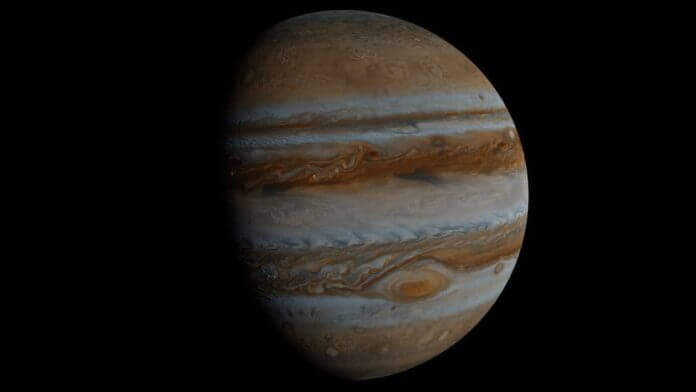In a recent astronomical discovery, 12 additional moons around Jupiter have been found, raising the total number of Jovian moons to 92. A team of astronomers from the Carnegie Institution for Science in Washington, D.C., discovered the discovery, which is expected to give fresh light on the creation and development of the solar system.
The new moons are among a class of outer moons known as “prograde moons,” which are small and range in diameter from a few kilometres to less than one. It is believed that the same gas and dust that created the planet gave rise to these moons, which orbit Jupiter in the same direction as the planet’s spin.
The finding of these new moons is noteworthy because it sheds new light on how the solar system formed and how early planets developed. Astronomers can learn more about the environment in the solar system at the time Jupiter formed as well as the circumstances that prevailed when the other planets were created by studying the moons of Jupiter.
Additionally, research into Jupiter’s moons can shed light on how other planetary systems came to be. Jupiter is the perfect laboratory for research into the creation and evolution of planetary systems due to its size and the abundance of moons that orbit it.
The finding of these new moons is thrilling, but it also emphasizes the necessity for more investigation into our solar system. The circumstances that existed in the early stages of planetary formation and the circumstances that resulted in the formation of the planets and their moons remain mostly unknown.
The finding of 12 new moons orbiting Jupiter marks a crucial turning point in our understanding of our solar system and sheds light on how planetary systems arise and develop. This finding emphasizes the value of ongoing work on the study of the solar system and the demand for continuous funding for astronomical research.



